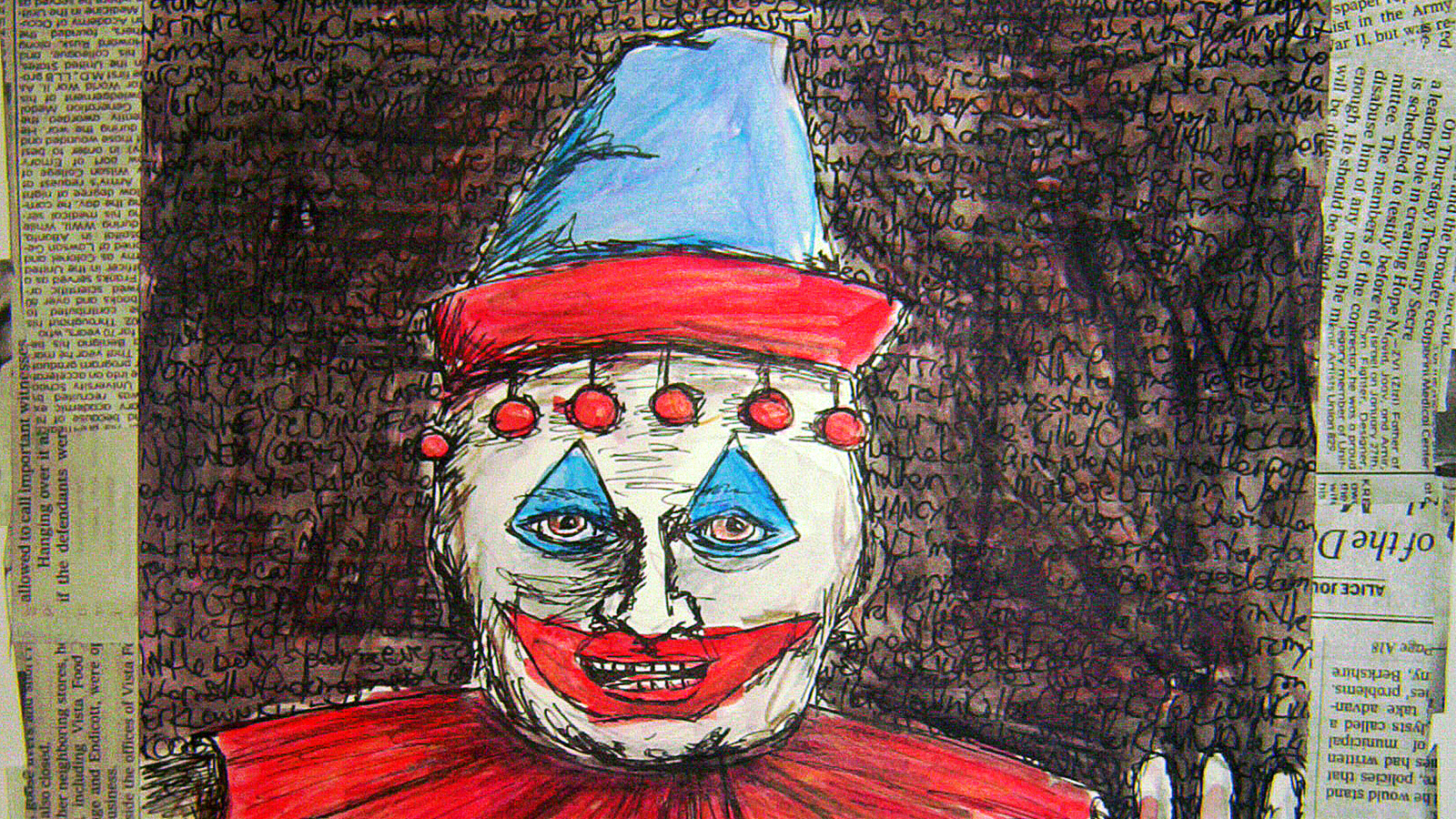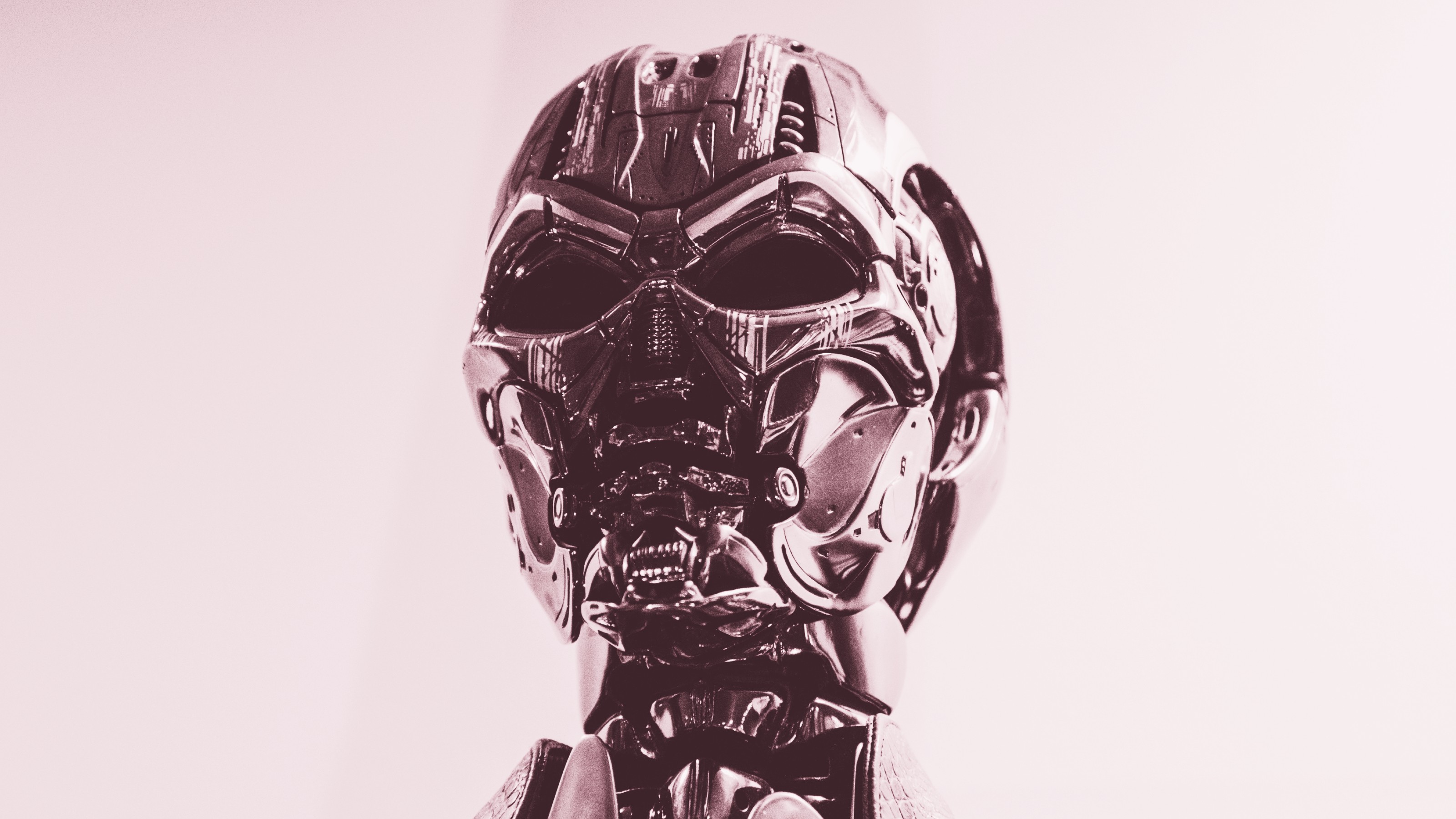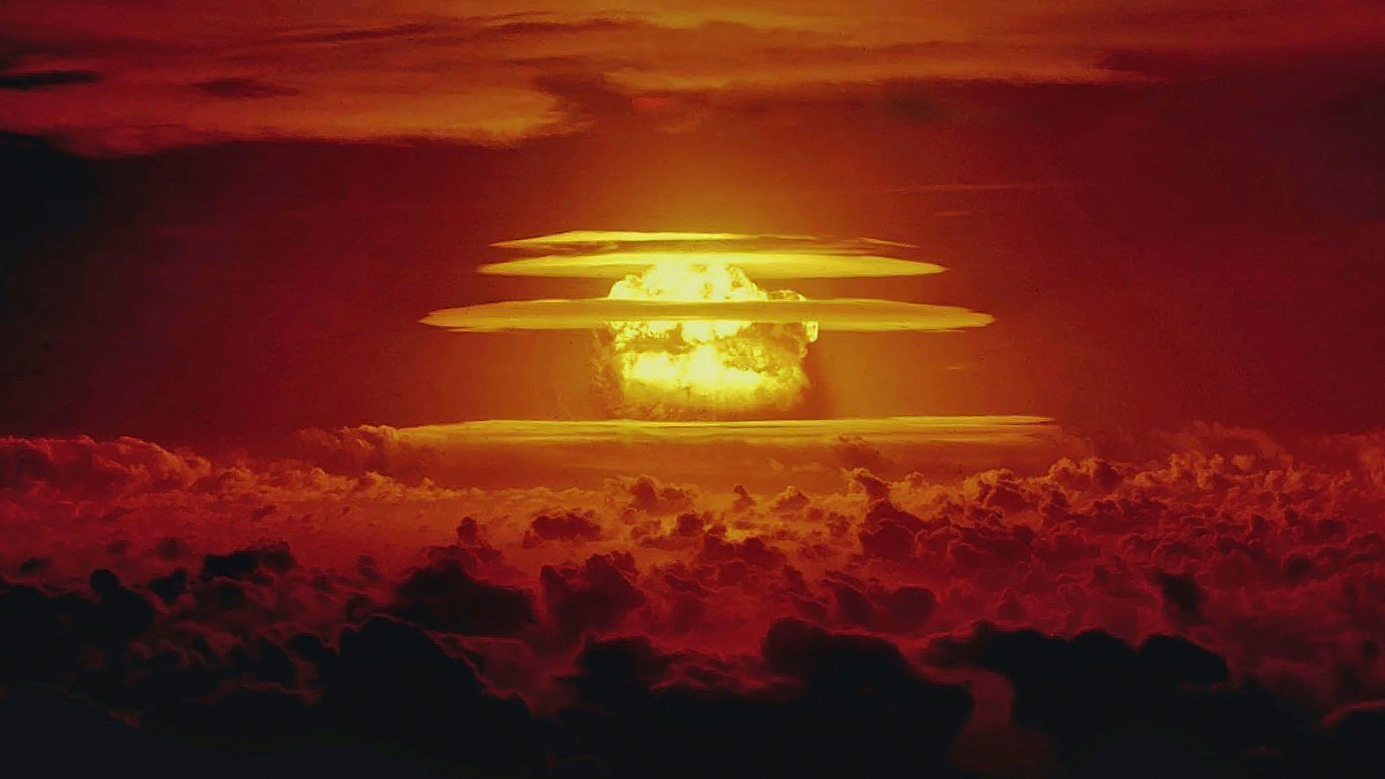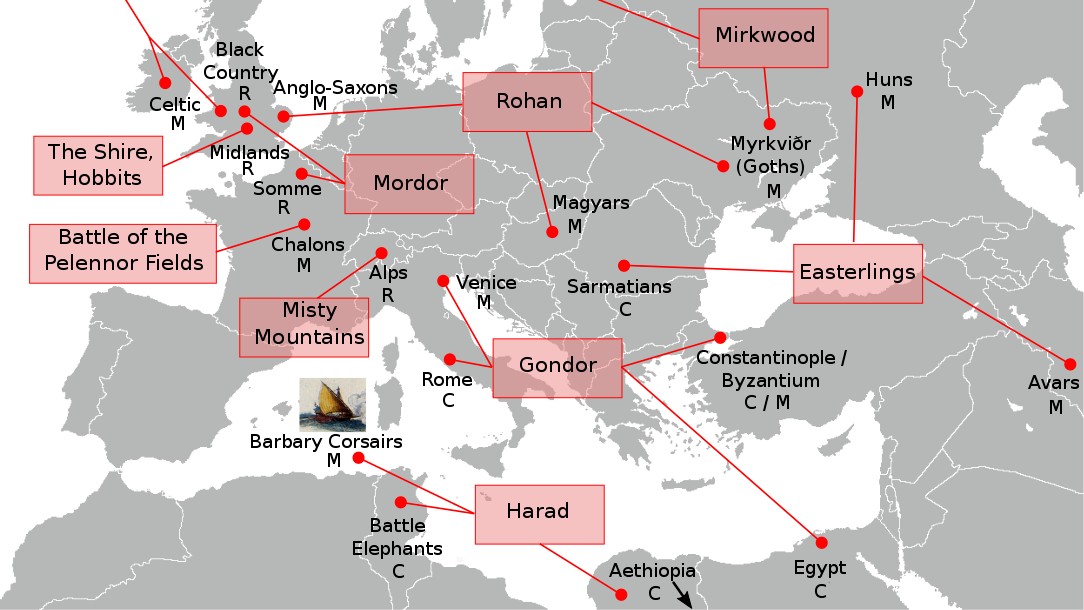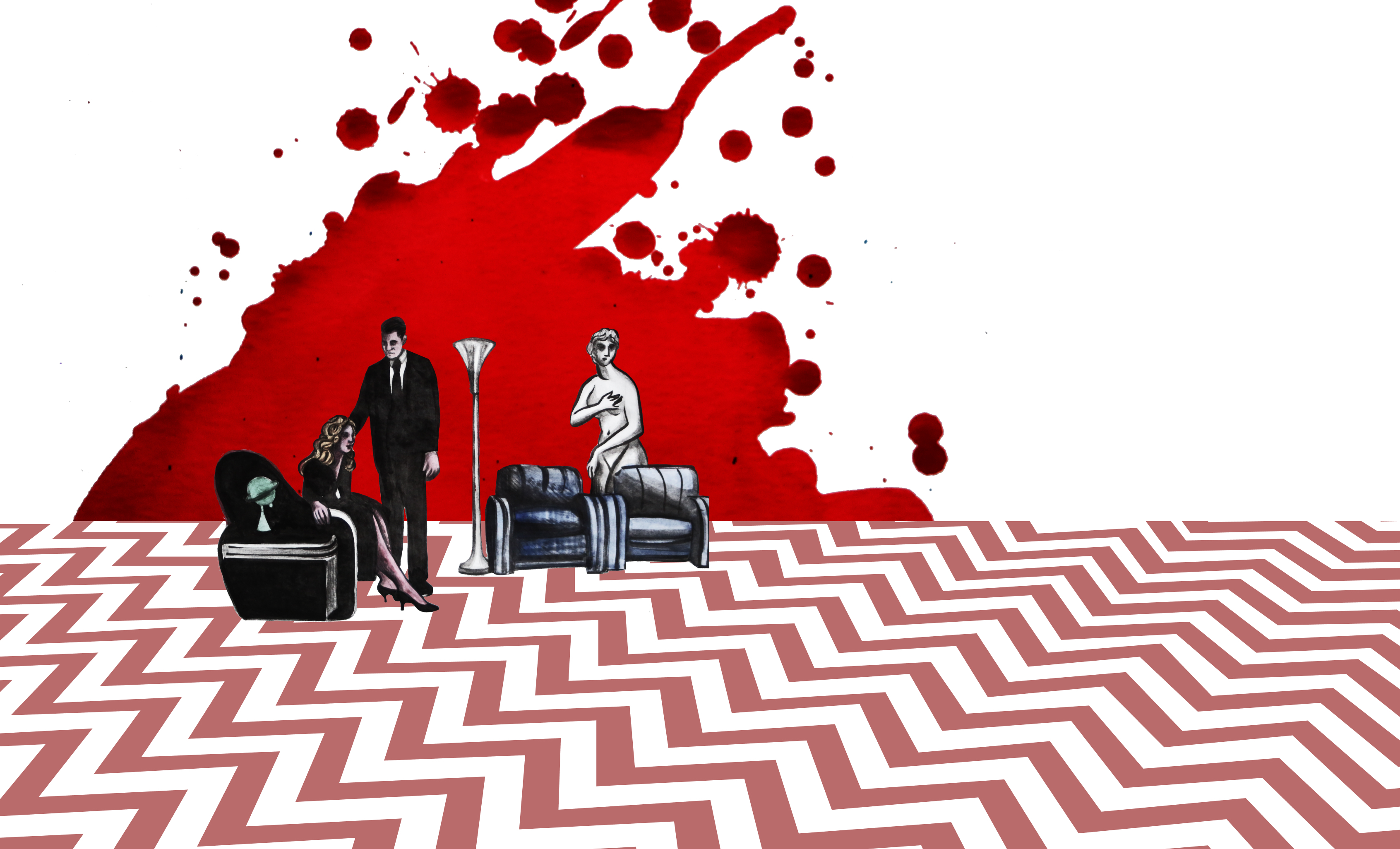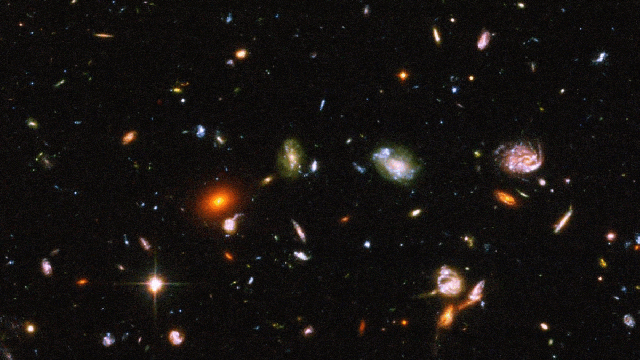Why “Black Mirror” is so terrifyingly good at predicting the future
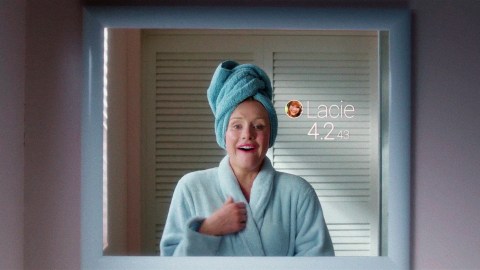
- What makes Black Mirror so compelling isn’t its understanding of how technology will evolve, but how people will use that technology once it exists.
- The show exhibits a powerful and nuanced understanding of human nature.
- Technology may change, but people remain the same.
In the first episode of the dystopian anthology series Black Mirror, which premiered in 2011, a UK prime minister is told he must have sex with a pig on live television in order to save his country’s kidnapped princess. After a lot of convincing and introspection, the prime minister decides to perform this heinous act of patriotism, even though — in retrospect — he never needed to: The kidnapper, a notorious performance artist, actually releases the princess in the middle of London minutes before the broadcast begins, knowing full well that everyone in the city will be too distracted to notice her.
Black Mirror is often credited for its uncanny ability to predict the future. Although no real-world politician has yet been blackmailed into filming themselves committing bestiality, the setting of the season 3 episode “Nosedive” — a world where people rate interactions on a 5-star scale, and your personal rating determines everything from securing a mortgage to changing your flight — is only a few steps removed from our current reality of likes, followers, and subscribers. In fact, China already uses a social credit system that in some ways resembles the one described by the episode.
Other Black Mirror episodes have already become reality. Earlier this year, TIME Magazine and The Cut published articles about lonely people developing feelings for personalized AI chatbots that eerily echo the premise of “Be Right Back,” in which a grieving widow learns about a computer program that can “resurrect” her husband’s personality by analyzing his text messages and browser history.
The key to Black Mirror’s success lies not in its understanding of technology and how it will evolve in the years to come, but in its understanding of human nature — specifically, how humans will use advanced technologies once they exist. This was true of the first season, which premiered all the way back in 2011 (the year Siri was invented, for context), and it is true for the sixth season, which arrived on Netflix on June 15. (The overall plots of the first three episodes of the season are described ahead, but there are no spoilers.)
Streaming wars
The first episode of Black Mirror season 6, “Joan is Awful,” is about a woman named Joan whose ordinary life — an upwardly mobile career, a stable but unfulfilling relationship — gets upended when she plops down on the couch one night and discovers that Streamberry, an analog of Netflix complete with the same logo and intro tune, has made a show that dramatizes her private life perfectly. On screen, a deepfake of real-life actress Salma Hayek goes through the same motions Joan went through earlier that day: firing a coworker, complaining to her therapist about her fiancé, and secretly grabbing drinks with an ex.
Later in the episode, Streamberry’s CEO reveals “Joan is Awful” is just a test and that the company is planning to realize personalized “X is awful” shows for every one of its subscribers. When asked why “awful” instead of, say, “awesome,” the CEO responds — chillingly — that market research showed customers are more receptive to negative feedback as this caters to their innermost fears and anxieties and therefore compels them to keep watching.
This little insight strikes at the heart of what Black Mirror is about. Where science fiction from the previous century has typically presented technology as a weapon of the upper classes, Black Mirror’s antagonist is everywhere and nowhere: It’s a machine or system in which everyone participates but no one person can control or take full accountability for. (“I need to scream at someone!” a helpless Joan yells.) The Streamberry CEO may seem like the bad guy at first glance, but their morally bankrupt business plan only works because it’s what customers want.
The criminality of true crime
The second episode of Black Mirror season 6, “Loch Henry,” is about a young film student from the U.S. named Pia who accompanies her filmmaker boyfriend Davis to the Scottish town of Loch Henry to meet his widowed mother. While there, she learns that tourism to the otherwise picturesque town dried up years ago, when one of its residents was revealed to be a serial killer. An excited Pia convinces a reluctant Davis to make a true crime documentary about this killer, which they could easily pitch to production companies.
“Loch Henry” untangles the core dilemma of true crime, namely, that this popular and often sensationalized genre glorifies monsters while exploiting their victims. The episode aligns with an article from Vulture, in which investigative journalist Reeves Wiedeman discusses how the streaming boom has corrupted both the art and ethics of documentary filmmaking. Filmmakers speaking under condition of anonymity reveal how executives force them to work under deadlines so tight that they are unable to treat the sensitive topics with the dignity that they deserve and indeed require. They are told to structure their films along the lines of Hollywood blockbusters like Gladiator (“around 75% of the way into the story… something must happen to your hero that makes it seem to the audience that all is lost”). Apparently, it’s gotten to the point that talent agencies are looking to represent relatives of murder victims the way they do actors.
All these elements are parodied in “Loch Henry.” In the hands of an award-winning producer, Pia and Davis’ respectful, independent film is re-edited into a Ted Bundy Tapes-style popcorn flick, its trailer featuring taglines like “a murder too close too to home.”
Rocketmen
The third episode of Black Mirror season 6, “Beyond the Sea,” is about two astronauts named David and Cliff who are on a six-year mission in deep space and telepathically link with lifelike robots on Earth (called “replicas”) so they can spend time with their loved ones. When David tragically loses his loved ones as well as his replica, Cliff, played by Breaking Bad actor Aaron Paul, offers to let his increasingly depressed and suicidal coworker use his own replica from time to time.
“Beyond the Sea” contains hints of previous episodes about synthetic bodies like “Be Right Back” and “San Junipero,” in which two women develop a romantic relationship inside a virtual vacation resort. Screenwriter Charlie Brooker said he feared the episode’s late 1960s setting would end up feeling like window dressing. In the end, he used the time period’s outdated gender norms to explore an underlying theme of toxic masculinity.
In typical Black Mirror fashion, “Beyond the Sea” is less concerned with how the technology behind the replicas works than it is with how this technology toys with the characters’ emotions. It doesn’t take long before David, operating Cliff’s replica, grows closer and closer to Cliff’s estranged wife, who has more in common with him than she does with her actual husband.
Black Mirror season 6
The remaining two episodes of Black Mirror‘s sixth season are equally compelling, even if they veer more into supernatural than sci-fi territory. “Mazey Day” is about a photographer who is forced to take paparazzi pictures to pay her rent, but grows increasingly conscious of the moral deplorability of her profession. Her doubts reach new heights when she goes after a television actress who, having been fired from the set, checks into rehab. As usual, nothing is what it seems.
In the fifth and final episode, “Demon 79,” a shoe shop clerk finds her life upended when she frees a demon from an enchanted talisman and is instructed to murder three people before midnight in order to avert the end of the world.
Even if these two episodes divert from the show’s core identity, they never lose sight of what Black Mirror is all about. Strip away the gadgets and futuristic (or, in these cases, fantastic) setting, and what you’re left with is people — people acting in the self-destructive manner in which they always have and always will.
